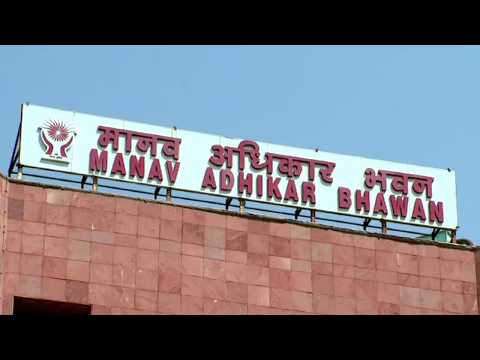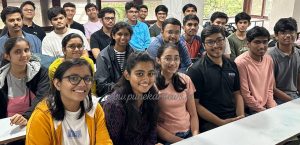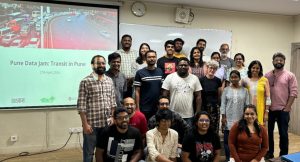National Human Rights Commission toothless tiger, needs strengthening

Dewangi Sharma
Pune, October 16, 2019: The protection and promotion of human rights is an active responsibility of the state. In a democratic republic like India, any violation of human rights in any part of the country would be a direct attack on our Constitutional principles. To secure protection and further the enjoyment of human rights, National Human Rights Commission (NHRC) was set up in 1993.
As per The Human Rights Act, 1993 the purpose of setting up NHRC is for ‘better protection of Human Rights’. It can be said that the NHRC is a guardian institution of human rights in our country, blessing all of us with the security of equality, freedom and justice. To ensure that such a wide variety of rights are protected of the citizens, and there is no exploitation by government or private individuals or corporations, it is important for this esteemed institution to be powerful independent and unbiased, with effective mechanisms of redressal and implementation of rights.
As a rights watchdog and protectorate of citizens’ dignity and liberties, it has been more than 20 years since the Human Rights Act established NHRC and SHRCs. In a recent report, Chairman of NHRC Justice H L Dattu said that the NHRC is a toothless tiger!
The NHRC in its current form is facing a number of challenges, which have restricted its powers and efficiency. Some of them are:
- Limited Resources- Funds and personnel
- No plurality of perspective in the composition of Commission
- No clearly laid down function relationship between NHRC and different SHRCs
- It only has power to make recommendation- leaving implementation and adoption of policies to government discretion
- Limited intervention powers against Armed forces
- No weight in recommendations as there is no power to penalise authorities
- NHRC does not have the power to take actions against private individuals either
- The Act is vague wrt appointment of members, it says three of the five members of a human rights commission must be former judges but does not specify whether these judges should have a proven record of human rights activism or expertise or qualifications in the area.
- The Commission is dependant heavily on the government- for manpower, for seeking report against any armed personnel, etc.
- No adequate regional representation
Despite these limitations, the Commission has played a significant role in advocating for important issues, building constant pressure and act as a reminder of the state obligations towards the rights. But it can be clearly observed that the NHRC with its existing framework and structure is not sufficient for actively and effectively protecting human rights of the individuals.
Here are some of the suggestions that could be adopted:
- Giving more independence to NHRC to investigate into matters relating to armed forces
- Immediate and effective implementation of Recommendations
- Independent agencies, human rights experts, activists should be given a seat on the table
- NHRC should be given certain extent of judicial powers to take action against authorities and private institutions
- Regional centres with a proper hierarchy and assessment mechanism should be in place
- SHRCs should be made responsible and their work monitored
- More accountability: Time limit should be set and late response should not be tolerated.
- It should be given independent powers to recruit and train personnel.
- Dependence on government should be minimised, the NHRC should have the power to seek reports and other information from various sectors on its own.
- Appointment procedure should be made more transparent and unbiased
It is not that the NHRC is the panacea of all problems but it may help in reducing the issues and challenges regarding human rights to a great extent. In today’s’ date when International standards of human rights are set high and communal tensions and ridges are on the rise in the country, India cannot afford to have its primary human rights institute to be flax and weak. It should be a robust watchdog: a blessing for all the citizens and not just a formality.
(Dewangi Sharma is a student of law)





